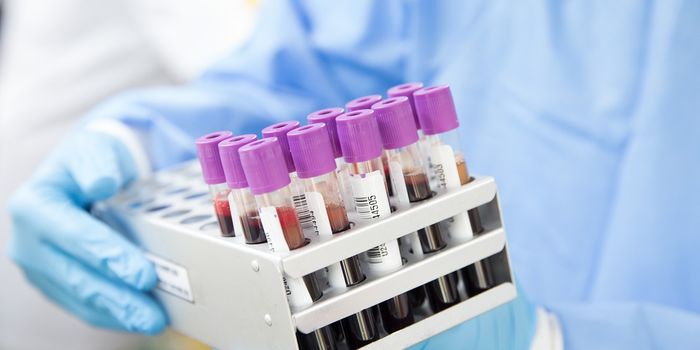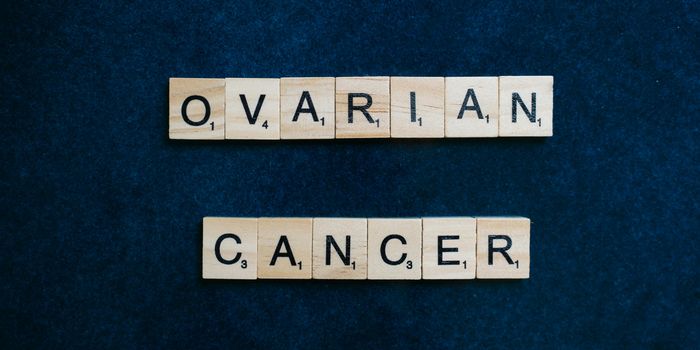In 2014 the most common cancer diagnosis was breast cancer, followed by prostate, lung, colon, skin, and brain cancer. By contrast, the Mayo clinic estimated that leading hospitals around the country see less than one case of heart cancer every year. The reason for this could be due to natural selection putting severe pressure on this organ, as purported by researchers in the latest Opinion piece
published in
Trends in Cancer.

"The organs that are the most important to keeping you alive and capable of reproduction, such as the heart, brain, or uterus, may enjoy a better protection against cancer, all other things being equal," said Frédéric Thomas, who is an evolutionary biologist at the Center for Ecological and Evolutionary Cancer Research in France.
This evolution-based idea is in line with what we already know about the cell biology of the heart and cancer. For example, we know risks for cancer increases with more cycles of cell division, which is relatively low for heart cells. Unlike skin or colon cells that are constantly dividing and shedding, heart cells don’t usually participate in this renewal process (unless there’s been damages). With such few cell divisions, heart cells have very small chances of accumulating enough mutations to become cancerous.

Heart cancer is also thought to be rare because the heart doesn’t get exposed to too many external carcinogens, other than those found in blood. This also significantly lowers the mutation rate of heart cells. Thomas argues that evolutionary selection is behind the protection that seemingly surrounds the heart and other vital organs that don’t come in pairs.
"Organs that are large or in pairs could potentially accumulate larger numbers of oncogenic manifestations without being impaired, whereas small and important organs like the pancreas could be easily compromised with only a few tumors inside," said Thomas. Very simply speaking, these single organs have a very high protection against mutations because there just isn’t another backup copy.
This hypothesis seems to be consistent with the heart and cancer. However, it doesn’t seem to explain why cancer incidences are much higher in other single vital organs like the pancreas and brain. In response, Thomas said, “"We are not saying that this is the main factor to explain the different susceptibility of organs to cancer, but it is a factor that contributes with others."
Though rare, heart cancer is possible, and it usually involves cancer from other nearby organs like the breast, kidney, and lung. Elsewhere in the body, cancer can also migrate large distances to affect the heart. And while the chances of getting heart cancer is low, we still need to remember to take good care of this vital organ because heart disease is still among one of the biggest killers for adults.
Additional source:
MNT

 Heart cancer is also thought to be rare because the heart doesn’t get exposed to too many external carcinogens, other than those found in blood. This also significantly lowers the mutation rate of heart cells. Thomas argues that evolutionary selection is behind the protection that seemingly surrounds the heart and other vital organs that don’t come in pairs.
Heart cancer is also thought to be rare because the heart doesn’t get exposed to too many external carcinogens, other than those found in blood. This also significantly lowers the mutation rate of heart cells. Thomas argues that evolutionary selection is behind the protection that seemingly surrounds the heart and other vital organs that don’t come in pairs.







